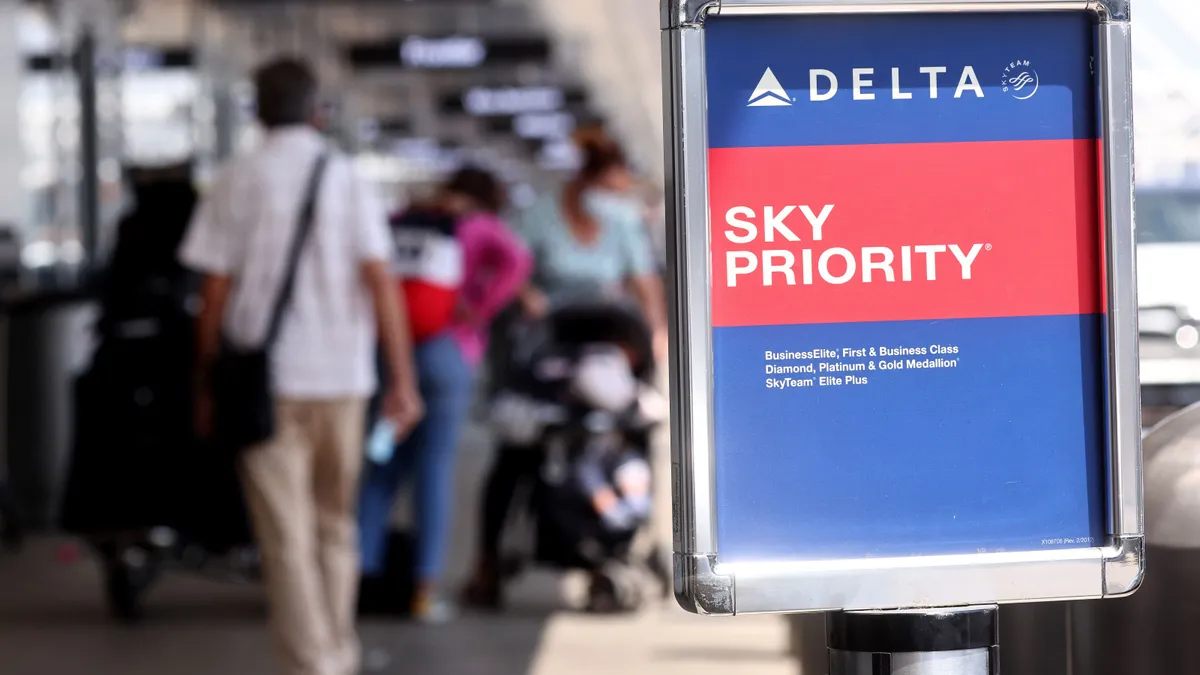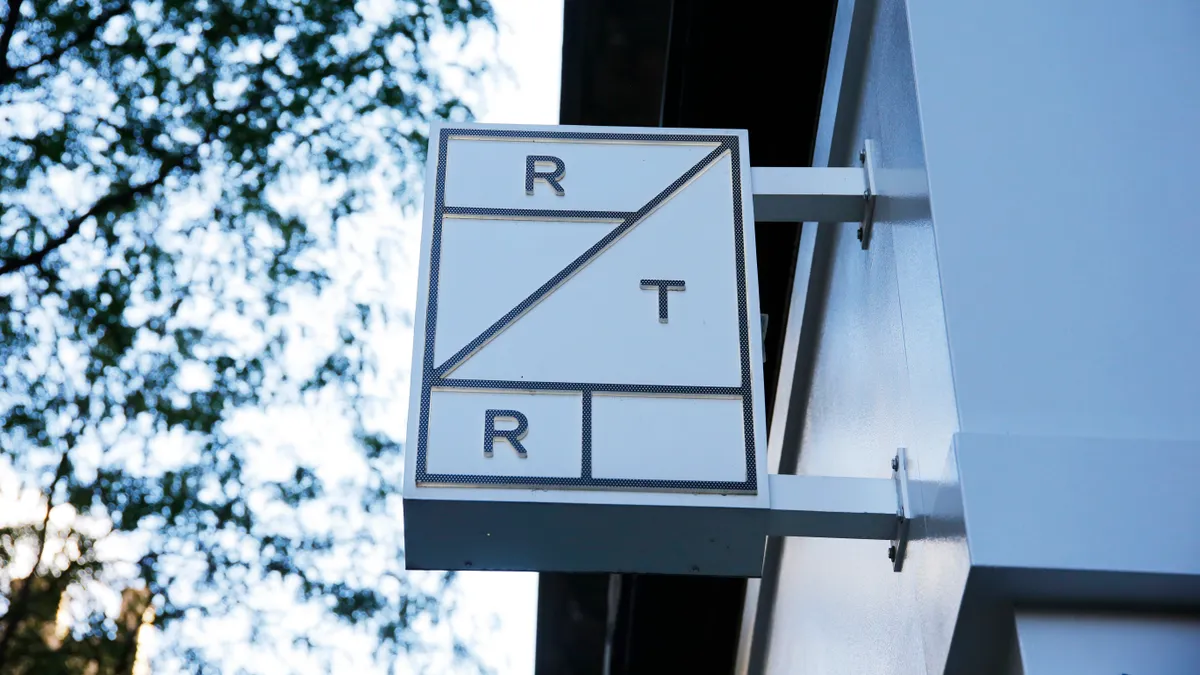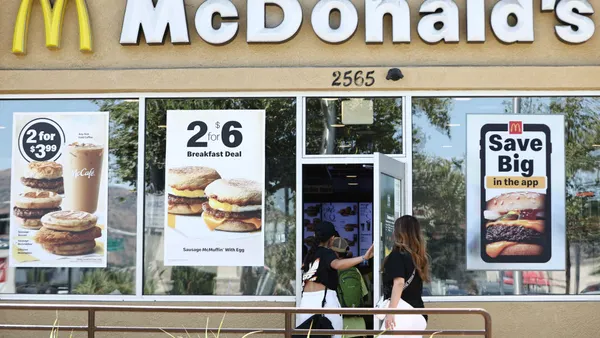Dive Brief:
- Delta Air Lines is leaning into its loyalty program and premium offerings amid economic uncertainty, executives said on a Q1 2025 earnings call Wednesday.
- Revenue from premium and loyalty were both up approximately 7% year over year, according to President Glen Hauenstein. Overall revenue grew 3.3% year over year to $13 billion.
- But broad economic uncertainty caused by tariffs has largely stalled growth, CEO Ed Bastian said. “The impact has been most pronounced in domestic and specifically in the main cabin with softness in both consumer and corporate travel. While not immune in this environment, we do continue to see greater resilience in international and our diversified revenue streams including premium and loyalty, reflecting underlying strength of our core consumer.”
Dive Insight:
Delta pulled its full-year financial guidance, citing broad macro uncertainty. Even so, premium remains a strong point.
“Not even Delta, one of the largest carriers in the world, is quite sure how [tariffs] will impact demand,” Katy Nastro, travel expert at Going, told CX Dive. “Even before this uncertainty, we had seen a softening of travel numbers.”
But premium bookings continue to perform well, with revenue from those fares outperforming that from the main cabin, according to Hauenstein. “We are expecting the spreads and the yields to actually widen in this next quarter as opposed to converge.”
“I don't think we've ever had premium as a larger percent of our total revenues as we do right now,” he said. “And so while parts of our business right now are challenged, and they're mostly on the main cabin, lower end. We have not seen any cracks yet in the premium.”
Hauenstein expects that resiliency to continue, even in a recessionary environment.
“We're hopeful again, we are going to go through this together, that those stay more resilient as we've offered more ways for people to get in the front cabin than ever, whether or not you use base fares and miles, whether or not you use miles themselves,” he said. “And the intent to repurchase is so high on those, we don't see people downgrading even in a recessionary environment.”
Delta saw a drop off in fare sales following the news of the tariffs, but it only lasted for a single day, according to Hauenstein.
“So haven’t really seen the impact to cash sales yet, but again, watching like an eagle on all this to see if the trends trail off,” he said.
All airlines could take a hit if consumers are concerned about their finances.
“If we’re in murky waters in terms of the economy, people tend to pull back on discretionary spending. That can include travel,” Nastro said. While premium continues to perform well, those travelers who had prioritized premium travel could trade down and choose cheaper fares.
Delta said the airline is focusing on taking action in areas it can control, including protecting margins and free cashflow.
“Our largest cost and lever is capacity, and we are making plans to keep our second-half capacity growth flat over last year, with domestic main cabin seats declining as we align supply to demand,” Bastian said. “And as always, the best way to ensure efficient and effective cost management is to deliver Delta's world-class reliability and premium service to our customers, at which our people are the very best in the business.”












